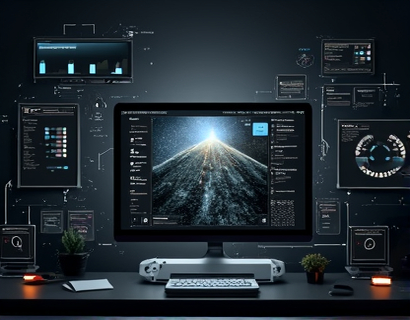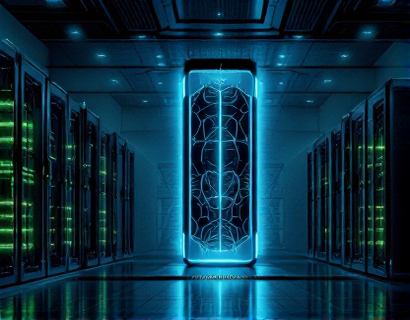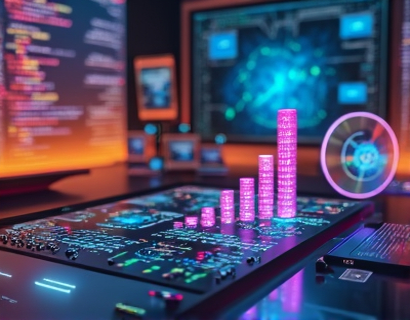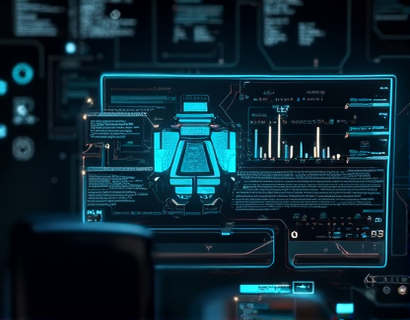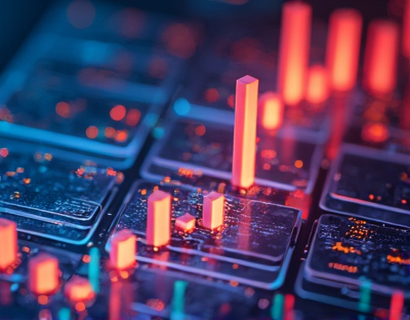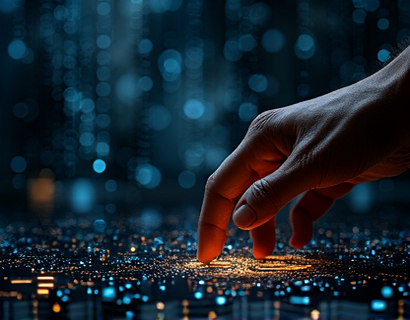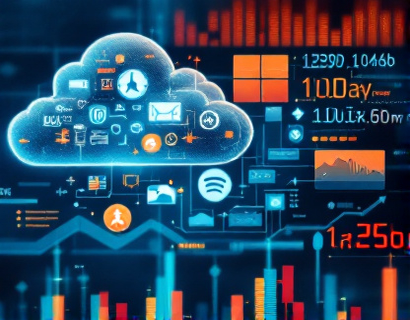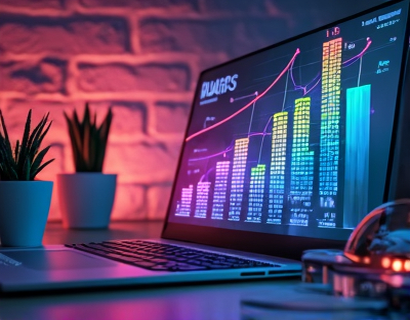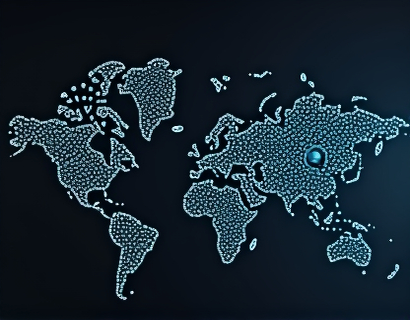Decentralized AI and Crypto: Transforming Digital Experiences in the Ucosystem Era
The intersection of decentralized technologies, artificial intelligence, and cryptocurrency is giving rise to a new paradigm in digital interactions. This era, often referred to as the Ucosystem, is characterized by innovative solutions that leverage blockchain, AI, and decentralized applications to enhance user engagement and redefine digital experiences. This article delves into the transformative potential of these technologies, exploring how they are reshaping the digital landscape and creating new opportunities for users and developers alike.
Understanding Decentralized AI
Decentralized AI refers to the development and deployment of artificial intelligence systems that operate on decentralized networks, primarily blockchain. Unlike traditional AI, which relies on centralized servers and databases, decentralized AI distributes data and computation across a network of nodes. This approach offers several advantages, including enhanced security, privacy, and resilience against single points of failure.
The core idea behind decentralized AI is to harness the collective power of a distributed network to perform complex computations and data processing tasks. By leveraging the resources of multiple participants, decentralized AI can achieve higher efficiency and scalability. This is particularly important for AI applications that require vast amounts of data and computational power, such as machine learning models and natural language processing.
Cryptocurrency and Decentralized AI
Cryptocurrency plays a crucial role in the ecosystem of decentralized AI. Blockchain technology, the underlying infrastructure for cryptocurrencies, provides a secure and transparent way to manage transactions and data sharing. In the context of decentralized AI, cryptocurrency serves as a medium of exchange for incentivizing participants to contribute their computational resources.
Smart contracts, self-executing contracts with the terms directly written into code, are another key component. They automate the distribution of rewards to contributors based on predefined criteria, ensuring fair compensation and reducing the need for intermediaries. This not only lowers costs but also increases trust and transparency in the system.
Enhancing User Engagement through Decentralized Applications
Decentralized applications (dApps) are at the forefront of transforming digital experiences in the Ucosystem. These applications run on blockchain networks and offer users more control over their data and interactions. Unlike traditional apps, dApps do not rely on centralized servers, making them less vulnerable to censorship and data breaches.
One of the primary ways decentralized AI enhances user engagement is through personalized experiences. AI algorithms can analyze user behavior and preferences to deliver tailored content and recommendations. In a decentralized setting, users have greater autonomy over their data, allowing for more precise and ethical personalization.
For instance, a decentralized social media platform could use AI to curate a feed based on user interests while ensuring that data remains under the user's control. This not only improves the user experience but also builds trust and loyalty.
Redefining Interactions in the Digital Landscape
The integration of decentralized AI and cryptocurrency is redefining interactions in the digital landscape by promoting decentralization, transparency, and user empowerment. Traditional digital platforms often centralize data and control, leading to issues such as data monopolies and privacy concerns. Decentralized solutions address these issues by distributing control and data across a network of nodes.
Decentralized identity management is another area where these technologies are making a significant impact. Users can create and manage their digital identities without relying on centralized authorities. This not only enhances privacy but also gives users more control over how their information is used and shared.
Innovative Tech Solutions in the Ucosystem
The Ucosystem is witnessing a surge in innovative tech solutions that combine decentralized AI, blockchain, and cryptocurrency. These solutions are not only enhancing existing digital experiences but also creating entirely new categories of applications.
One such innovation is decentralized finance (DeFi), which leverages blockchain to provide financial services without traditional intermediaries. DeFi platforms use AI to optimize trading strategies, manage risks, and offer personalized financial advice. This democratizes access to financial services and opens up new opportunities for users worldwide.
Another exciting development is the rise of decentralized gaming. In traditional gaming, user data and assets are often controlled by centralized entities. Decentralized gaming platforms use blockchain to create truly ownership-based digital assets and experiences. AI can enhance these platforms by generating dynamic game content and personalized challenges, making gaming more engaging and immersive.
Challenges and Considerations
While the potential of decentralized AI and cryptocurrency is vast, there are several challenges and considerations that need to be addressed. Scalability remains a significant issue for blockchain networks, as they struggle to handle high volumes of transactions efficiently. However, ongoing developments in blockchain technology, such as layer 2 solutions and sharding, are aimed at addressing these scalability concerns.
Regulatory uncertainty is another factor that developers and users must navigate. As decentralized technologies evolve, regulatory frameworks are still catching up. It is crucial for the industry to engage with policymakers to create clear and supportive regulations that foster innovation while protecting users.
Future Prospects
The future of the Ucosystem looks promising, with continuous advancements in decentralized AI and cryptocurrency. As more tech-savvy innovators and early adopters join this space, we can expect to see even more groundbreaking applications and services.
The convergence of these technologies will likely lead to the development of more sophisticated AI models that can operate efficiently on decentralized networks. This will unlock new possibilities in areas such as healthcare, where AI can analyze medical data from multiple sources to provide more accurate diagnoses and personalized treatment plans.
Moreover, the integration of augmented reality (AR) and virtual reality (VR) with decentralized AI and cryptocurrency is poised to revolutionize entertainment and education. Users will have immersive and interactive experiences that are both secure and privately controlled.
Conclusion
The merging of decentralized AI and cryptocurrency is transforming the digital landscape, creating a more decentralized, transparent, and user-centric ecosystem. As these technologies continue to evolve, they will drive innovation and enhance user experiences across various industries. The Ucosystem represents a exciting frontier where the potential for transformation is immense, and the future is bright for those who embrace these cutting-edge solutions.



